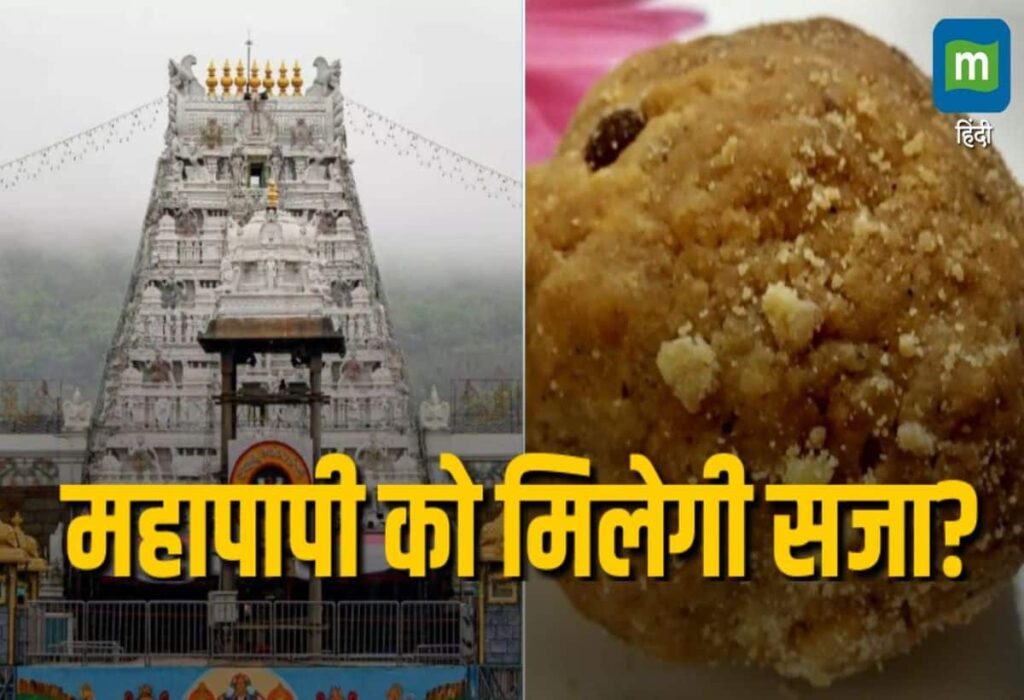Tirupati Balaji Prasad Controversy Explained
The Tirupati Balaji Temple, located in Andhra Pradesh, is one of the most revered pilgrimage sites in India. Recently, the temple has found itself embroiled in controversy concerning the ingredients used in its famous prasadam (offering) due to allegations of impurities. This article explores the events surrounding the controversy, the implications of these claims, and the measures taken to restore faith and sanctity in the religious practices associated with the temple.
Overview of the Controversy
The controversy erupted on a Monday morning when officials conducted an elaborate ritual at the temple, which lasted from 6 AM to 10 AM. The purpose of this ceremony was to cleanse the prasadam offerings, specifically the ghee used in its preparation, after serious allegations surfaced.
Allegations of Impurities
Andhra Pradesh Chief Minister Chandrababu Naidu made a shocking announcement regarding the findings of a laboratory report. The report claimed that the ghee used to produce the prasadam contained fish oil and beef tallow, substances considered unholy and unacceptable in Hindu dietary laws. This revelation raised eyebrows and ignited a wave of criticism aimed at the temple administration.
Religious Significance of Prasadam
Prasadam holds immense religious significance in Hinduism, especially in the context of the Tirupati temple, where offerings are treated with the utmost sanctity. The prasadam is considered a divine blessing, and any violation of its purity could undermine the faith of millions of devotees.
Restoration of Faith
In response to the controversy, the temple authority have taken swift actions, including the initiation of rituals aimed at purifying the prasadam. Ritual offerings are standard practice in Hinduism when addressing perceived spiritual breaches.
Implications of the Row
The findings have broader implications not only for the integrity of the Tirupati temple but also for the larger Hindu community. The incident raises questions about the sourcing and testing of offerings, which may lead to stricter regulations and oversight in the preparation of religious foods.
Analysis of Dietary Practices
This controversy has spurred discussions on dietary practices within religious contexts. The use of animal-based fats in what is traditionally considered vegetarian offerings can lead to debates about ethical sourcing and adherence to religious doctrines. Here is a summary of the key discussions:
| Issue | Description |
|---|---|
| Impurity Claims | Presence of fish oil and beef fat in prasadam |
| Religious Significance | Prasadam as a divine blessing and its purity |
| Future Regulations | Potential for stricter guidelines for food preparation |
Conclusion
The Tirupati Balaji Prasad row has uncovered deep-seated concerns regarding food purity in religious practices, echoing the need for transparency in the preparation of prasadam. The swift actions taken by authorities to perform purifying rituals signify an effort to restore faith among devotees. As discussions continue over dietary practices within religious contexts, this incident serves as a reminder of the significance of preserving sacred traditions, ensuring that what is offered remains pure and in alignment with the spiritual ethos of Hinduism.
